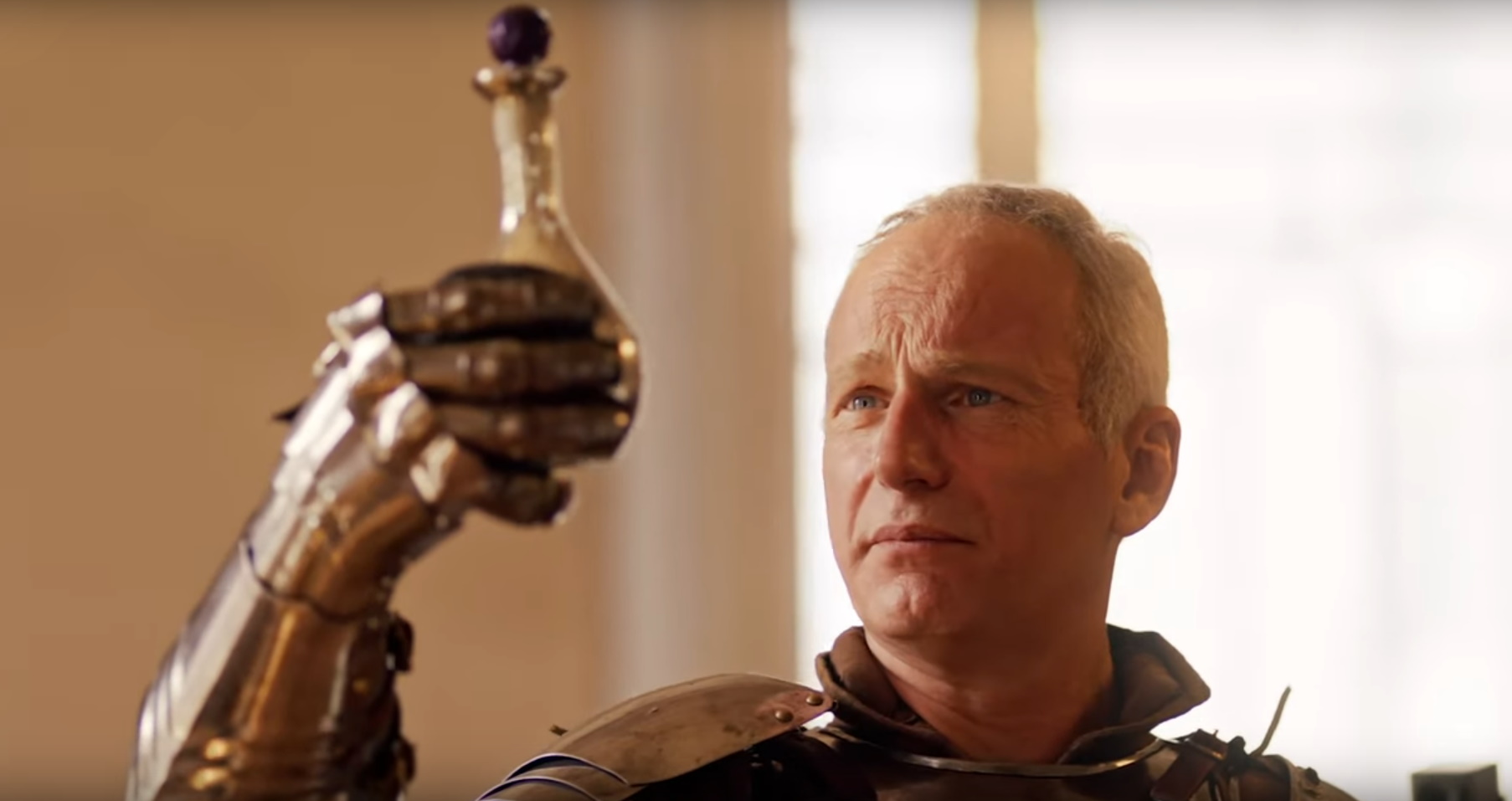Larian CEO Swen Vincke says there were only two other RPG series he was interested in working on if he couldn't get Baldur's Gate: Fallout and Ultima
Vincke "felt like there was a glass ceiling" holding Larian back, and he wanted a big title to break through it.

It's hard to overstate how big Baldur's Gate 3 is. It's a massive sales hit, it claimed all the awards, and it turned Larian, already a well-respected studio thanks to its outstanding Divinity: Original Sin games, into RPG royalty. I think it's fair to say that nobody could have predicted this, but in the latest issue of Edge (via GamesRadar), Larian CEO Swen Vincke said he had big ambitions for the studio, and that there were only three games he felt could make it happen.
The Divinity games are great, and they carry a lot of weight among dedicated RPG fans, but they don't have the brand recognition of Baldur's Gate, and more broadly, Dungeons and Dragons. Vincke felt that snagging the rights to work on an established property like that would work for Larian on a couple levels: "It would be great for attracting other people to the studio," he said, and it would also—hopefully—elevate Larian into the big leagues.
"I felt like there was a glass ceiling that we wouldn't be able to break through unless we have triple-A production values, budget, marketing, all the triple-A things," Vincke said. And only a few big-name games could make that happen.
"It would have been Ultima, it would have been Fallout, it would have been Baldur's Gate," he said. "There was not a lot to choose from."
Baldur's Gate was apparently Larian's first choice. Vincke said Larian's very first project, The Lady, The Mage, and The Knight—which was ultimately cancelled—was being developed around the same time as the original Baldur's Gate, and at one point a fan attempted to get the two studios talking. (This was a lot harder in the late '90s than it is today.) But the connection was kiboshed by Larian's publisher, which was worried that BioWare would discover valuable trade secrets.
"I should have been talking to these guys, but the relationship soured because of this intervention. That was a real pity," Vincke said.
Vincke also talked about how close Larian came to not getting the Baldur's Gate license. The studio had to come up with a design document for the game while in the midst of wrapping work on Divinity: Original Sin 2, so they hammered something out and, in Vincke's words, "It was really bad."
The biggest gaming news, reviews and hardware deals
Keep up to date with the most important stories and the best deals, as picked by the PC Gamer team.
"Wizards then sent it back with the corporate equivalent of, 'This is really shit.' And we said, 'We know, but we're releasing a game—don't ask us to make this now. Give us an extension.' Luckily they understood, and we got another chance."
As good as Baldur's Gate 3 is, the prospect of a Larian-helmed Fallout is tantalizing, especially if it were done in the style of the Interplay games. I'm not quite so enthused about a Larian Ultima game—Ultima was never really my thing—unless we're talking about a new Ultima Underworld, in which case I would fly to Belgium and rob multiple banks to help make it happen.
Larian famously announced in March that after the runaway success of Baldur's Gate 3, it's moving on to other things: No Larian-made sequels or DLC are going to happen. Instead, the studio is working on not just one but two "very ambitious RPGs," neither of which are based on D&D. Maybe there's a chance we'll get a Larian-made isometric Fallout one day after all.

Andy has been gaming on PCs from the very beginning, starting as a youngster with text adventures and primitive action games on a cassette-based TRS80. From there he graduated to the glory days of Sierra Online adventures and Microprose sims, ran a local BBS, learned how to build PCs, and developed a longstanding love of RPGs, immersive sims, and shooters. He began writing videogame news in 2007 for The Escapist and somehow managed to avoid getting fired until 2014, when he joined the storied ranks of PC Gamer. He covers all aspects of the industry, from new game announcements and patch notes to legal disputes, Twitch beefs, esports, and Henry Cavill. Lots of Henry Cavill.

